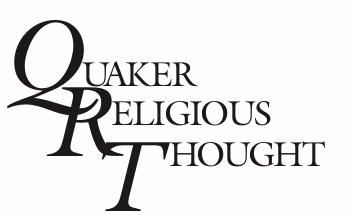
Abstract
An old raspy voice fills a quiet, muffled office at Haverford College. It is 1964 and the 80-year-old Professor Clarence Pickett hunches over a vinyl recorder and discusses the events of his lifetime. He discusses one of the most modern and meaningful moments of his life as he recalls his work in responding to the terrors of Nazi Germany.
This was, of course, a tragic experience for the Jew, but on the whole, I think, any of us that participated in that felt that it was a privilege to lay oneself alongside the Jew who suffered, recognizing that suffering, in itself, may bring to life new sources of strength as it often did in these Jewish exiles.
This audio clip is featured in the short film that I created for Professor Richard Evans’ Quakers Studies course to demonstrate Haverford-affiliated Quakers’ response to the Holocaust.
The full film can be viewed at https://vimeo.com/647511888.
This article contains my reflections on the project. After searching through hours of digitized lectures, speeches, and memoirs, scouring through the archives of the Quaker & Special Collections at Haverford College, and turning pages of the diary of Clarence Pickett, I was left with materials that demonstrate how pacifist and unifying the Quakers are. However, this result is telling in itself: Quaker storytellers manipulated how they are viewed as a people and how they reacted to the Holocaust. The stories we are left with are not the full truth, but one that was engineered by the recorders to paint them in a positive light. I intend to use this film to demonstrate that this media archive is a representation of what those past Quaker storytellers wanted us to remember. These lasting histories must be taken with a grain of salt, because the legacy that remains is how American Friends of the WWII-era wished the world to remember them and poses challenging reminders of the dangers of hagiography.
Recommended Citation
Tanel, Lauren
(2022)
"A Filmmaker's Review of the Light in Their Eyes,"
Quaker Religious Thought: Vol. 138, Article 5.
Available at:
https://digitalcommons.georgefox.edu/qrt/vol138/iss1/5
